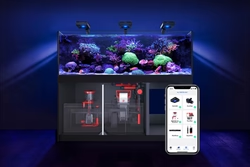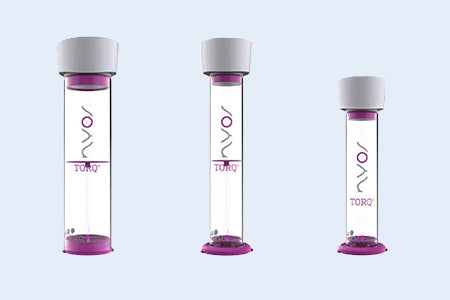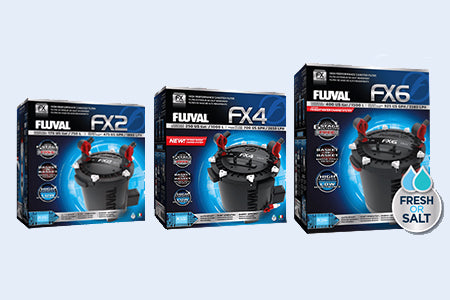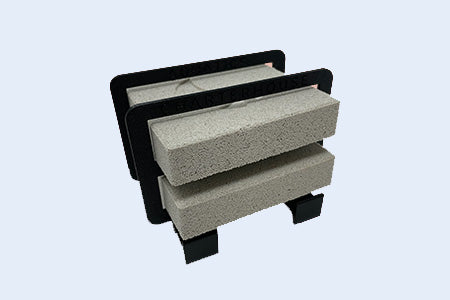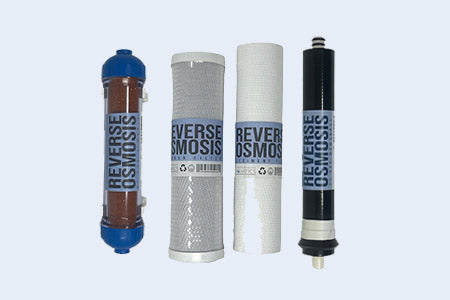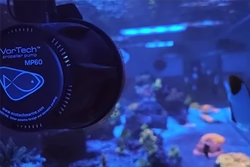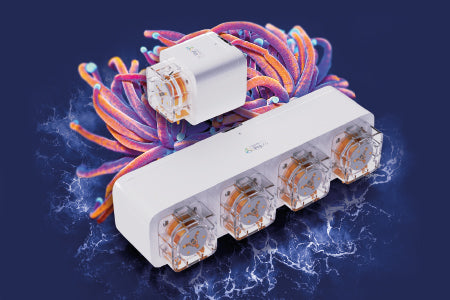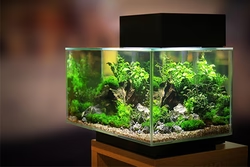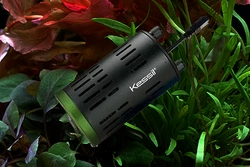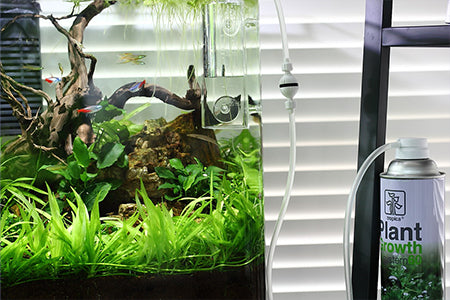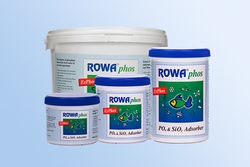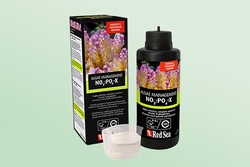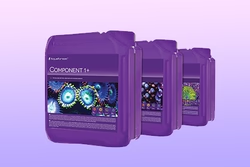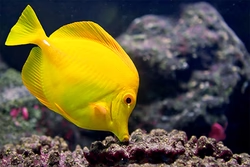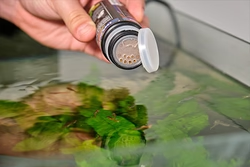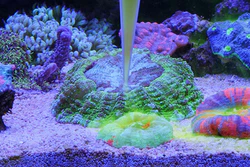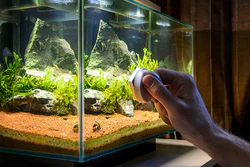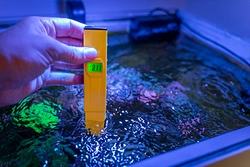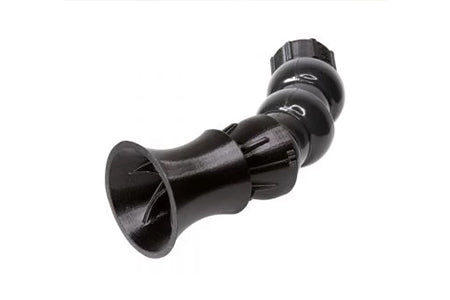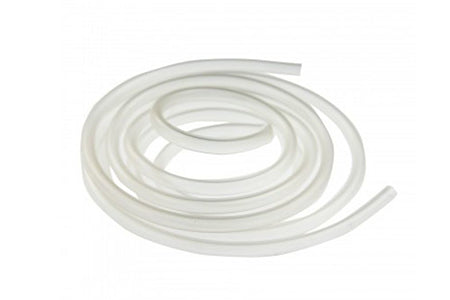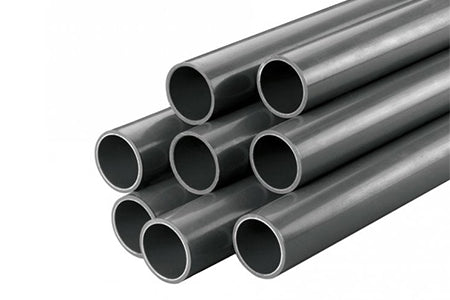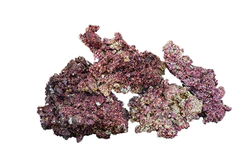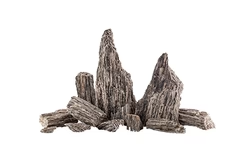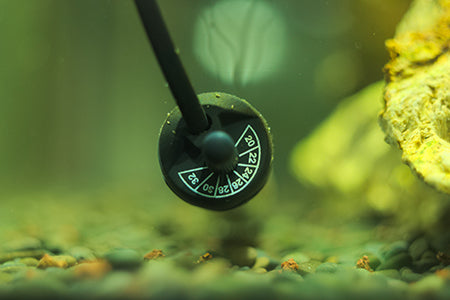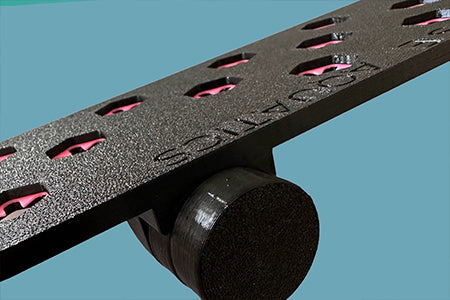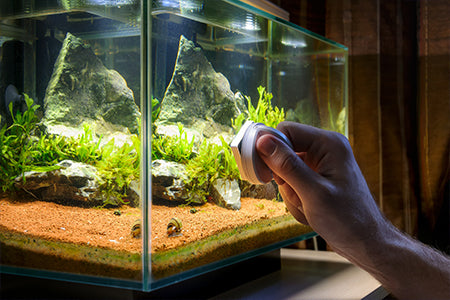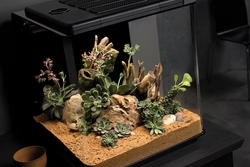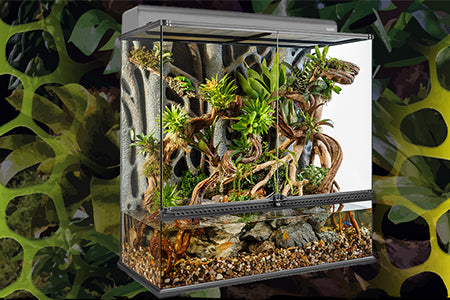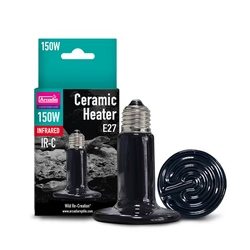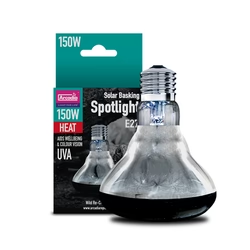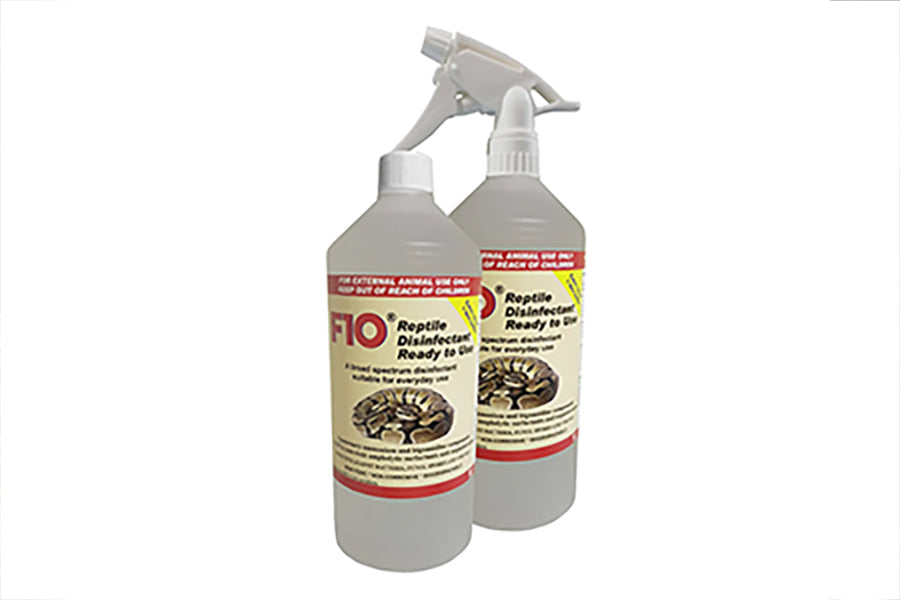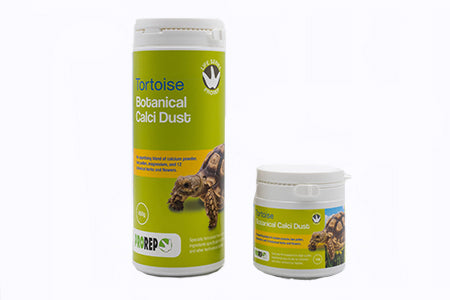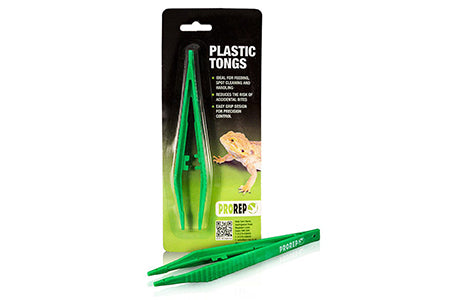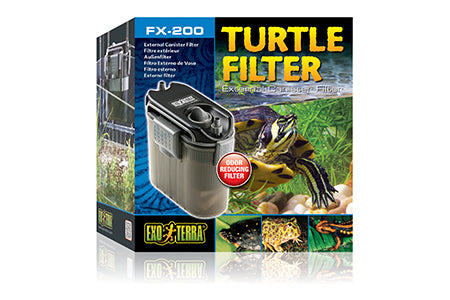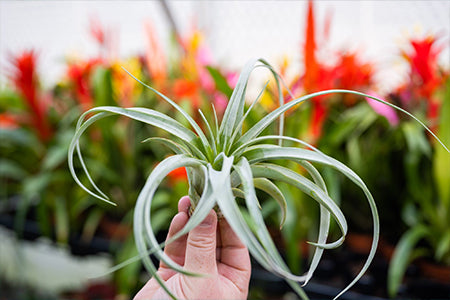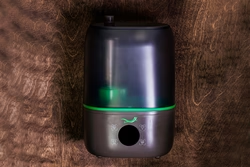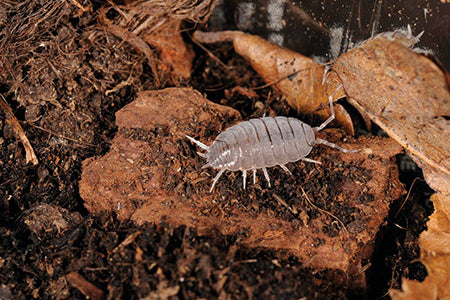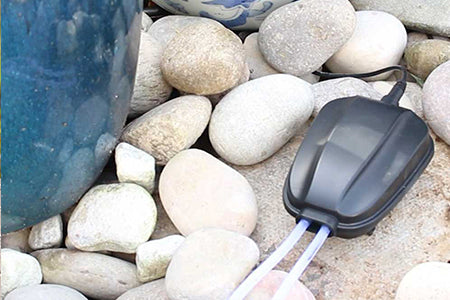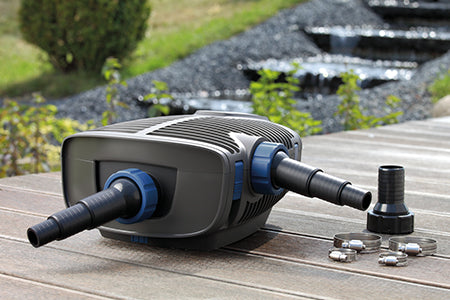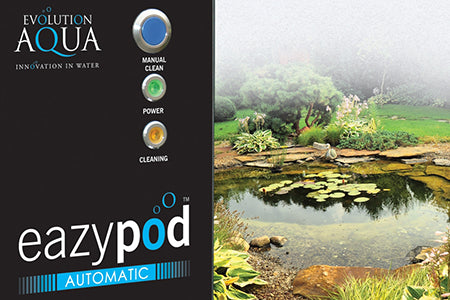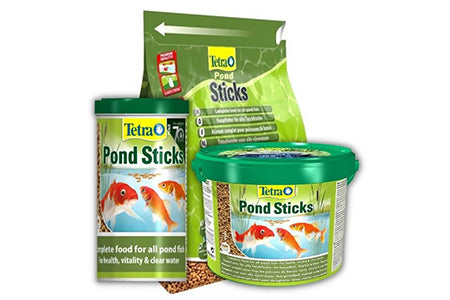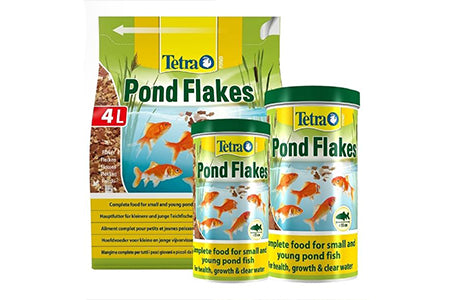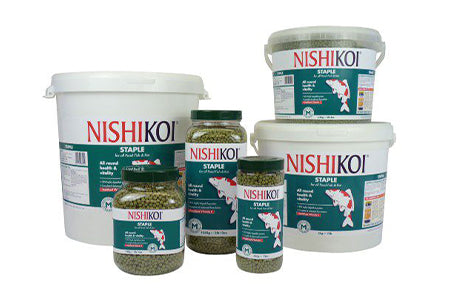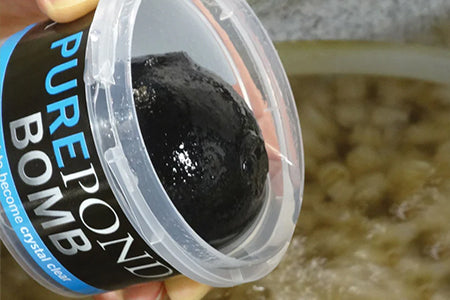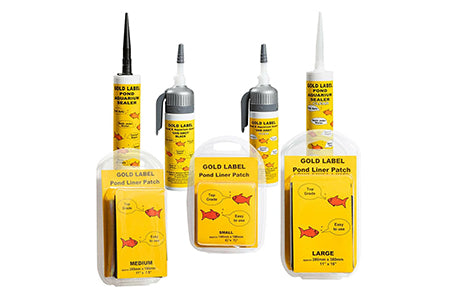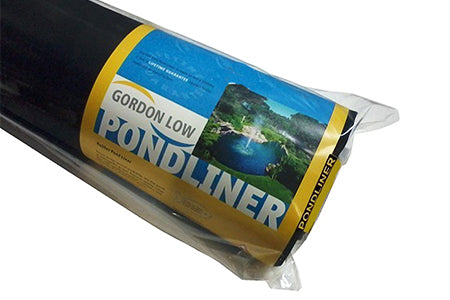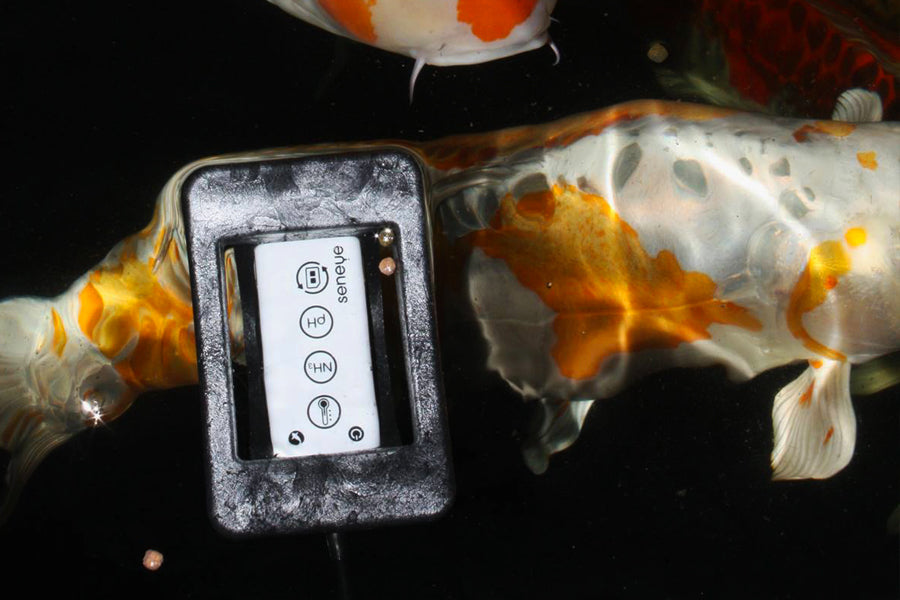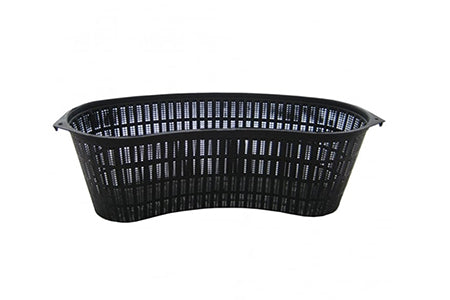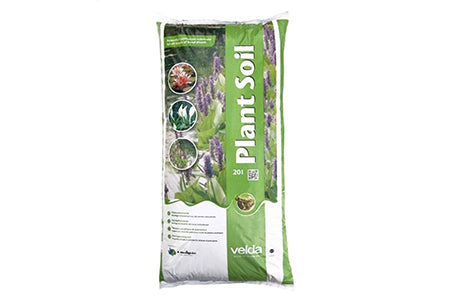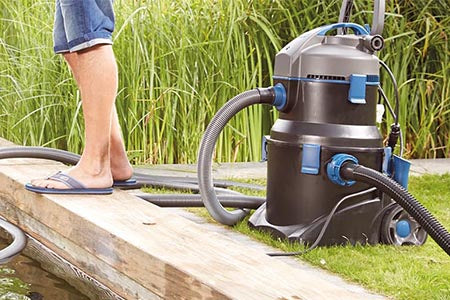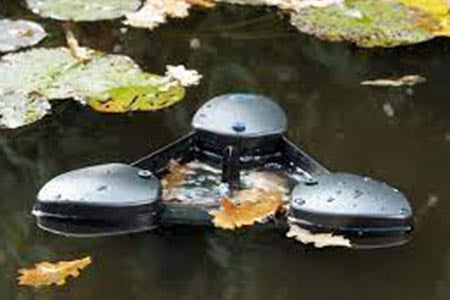Experiencing fish deaths in your aquarium can be frustrating and disheartening. Understanding the underlying causes is essential to creating a healthy environment for your aquatic pets. Here are some common reasons why fish may die in an aquarium and how to prevent these issues. For top-quality aquarium products, visit Charterhouse Aquatics.
1. Poor Water Quality
Overview: Water quality is the most critical factor in fish health. Ammonia, nitrite, and nitrate levels must be monitored and controlled to prevent toxic conditions.
Tips:
- Regularly test water parameters using a reliable test kit.
- Perform regular water changes to maintain clean water.
Recommended Product: API Freshwater Master Test Kit - This comprehensive kit helps monitor ammonia, nitrite, nitrate, and pH levels.
2. Overfeeding
Overview: Overfeeding can lead to uneaten food decomposing in the tank, causing spikes in ammonia and nitrite levels.
Tips:
- Feed fish small amounts that they can consume within a few minutes.
- Remove any uneaten food promptly.
Recommended Product: Eheim Automatic Fish Feeder - This feeder helps regulate feeding amounts and schedules.
3. Inadequate Tank Cycling
Overview: New tanks need time to establish beneficial bacteria that break down waste. An uncycled tank can result in toxic ammonia and nitrite levels.
Tips:
- Allow the tank to cycle for 4-6 weeks before adding fish.
- Use a bacterial supplement to speed up the cycling process.
Recommended Product: Seachem Stability - This product helps establish and maintain the biological filter in new and existing aquariums.
4. Stress
Overview: Fish can become stressed due to various factors such as poor water quality, sudden temperature changes, and overcrowding. Stress weakens their immune system, making them susceptible to diseases.
Tips:
- Maintain stable water conditions and avoid sudden changes.
- Provide hiding places and avoid overcrowding the tank.
Recommended Product: API Stress Coat - This water conditioner helps reduce fish stress and promote healing.
5. Incompatible Tankmates
Overview: Adding incompatible fish can lead to aggression, stress, and even death. Ensure that all fish in the tank are compatible with each other in terms of temperament and water requirements.
Tips:
- Research each species' compatibility before adding them to your tank.
- Provide enough space and hiding spots to reduce territorial aggression.
6. Disease and Parasites
Overview: Diseases and parasites can quickly spread and cause fish deaths. Common signs include white spots, clamped fins, and unusual swimming behavior.
Tips:
- Quarantine new fish before adding them to the main tank.
- Treat visible diseases promptly with appropriate medications.
Recommended Product: Waterlife Protozin - This treatment helps combat common fish diseases such as white spot and fungus.
7. Inappropriate Tank Conditions
Overview: Different fish species require specific tank conditions, including pH, temperature, and hardness. Inappropriate conditions can lead to stress and death.
Tips:
- Research the specific needs of your fish species.
- Use a heater and thermometer to maintain stable water temperatures.
Recommended Product: Eheim Aquarium Heater - This reliable heater helps maintain consistent water temperatures.
Conclusion
Understanding and addressing the common causes of fish deaths in your aquarium is essential for maintaining a healthy and thriving aquatic environment. By ensuring proper water quality, feeding practices, tank cycling, and compatibility among fish, you can prevent many issues that lead to fish fatalities. For top-quality aquarium products and expert advice, visit Charterhouse Aquatics. Trust Charterhouse Aquatics to provide everything you need to keep your aquarium healthy and your fish happy.
